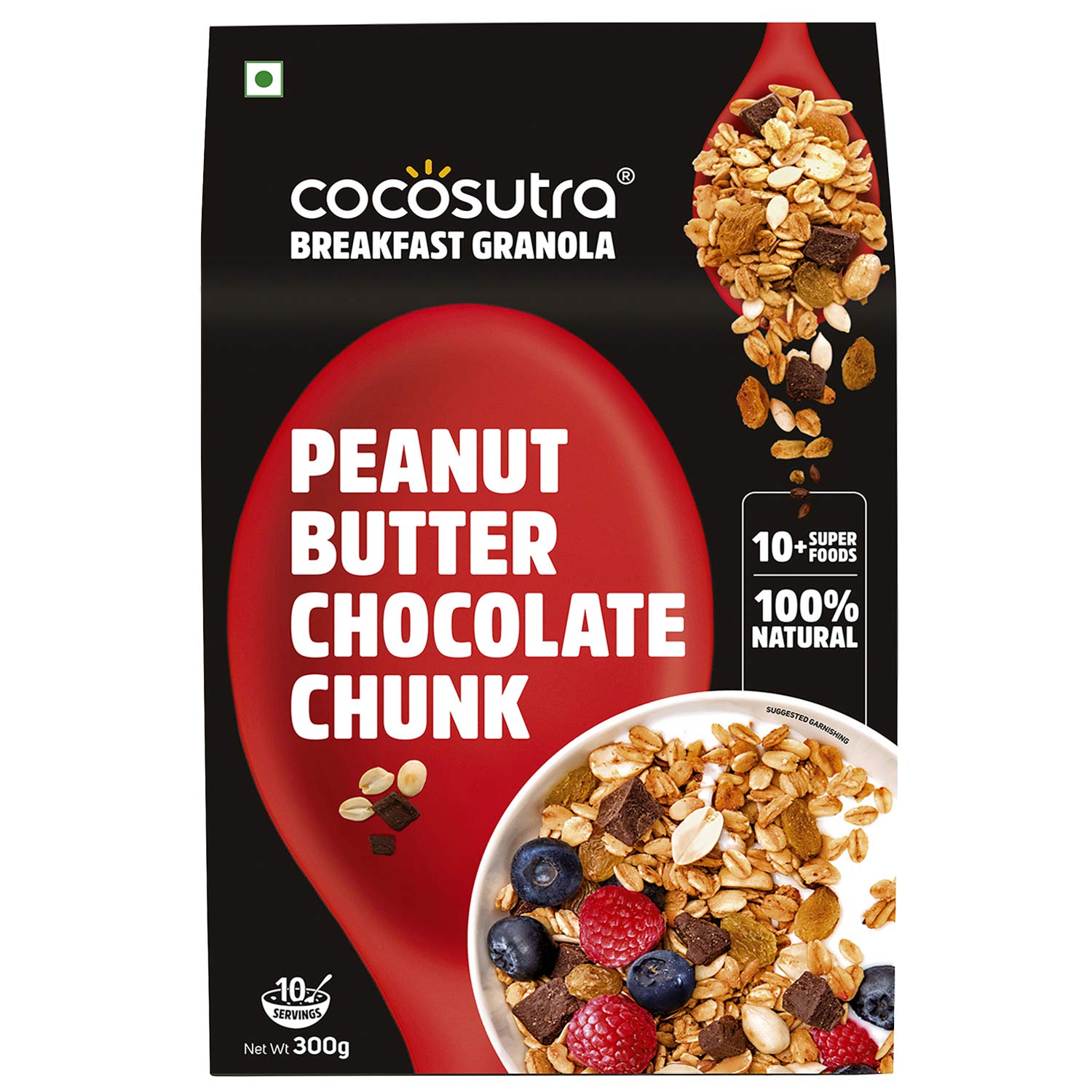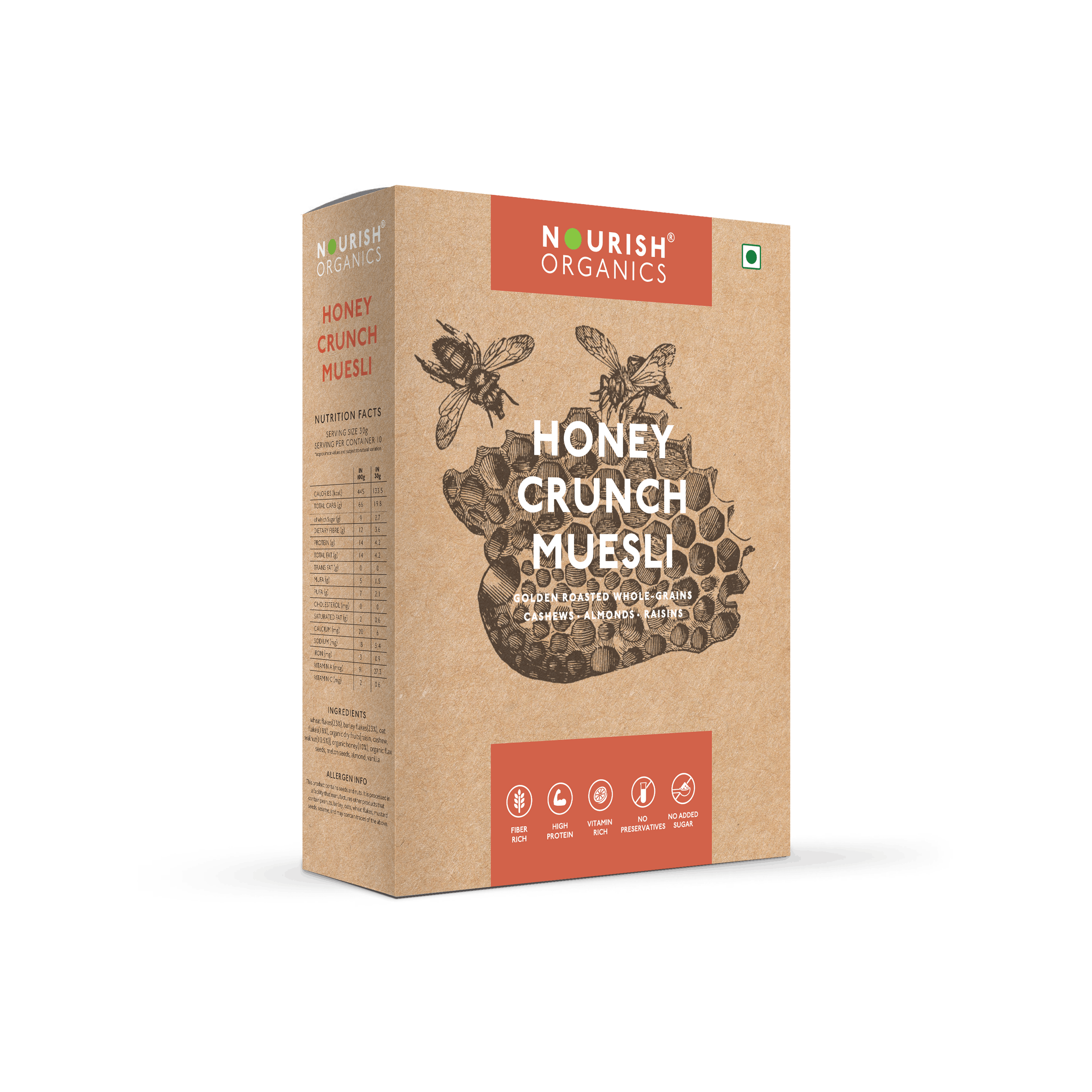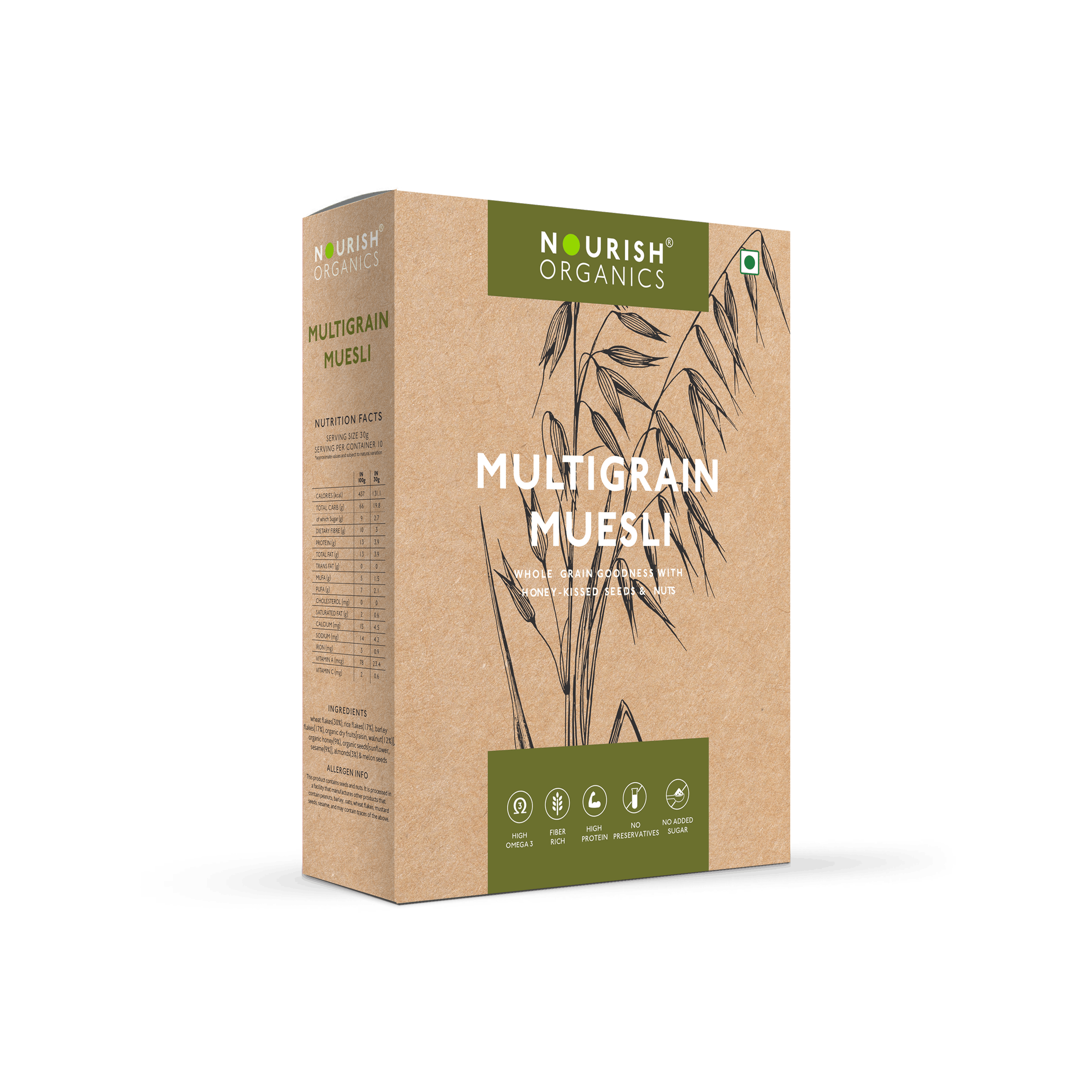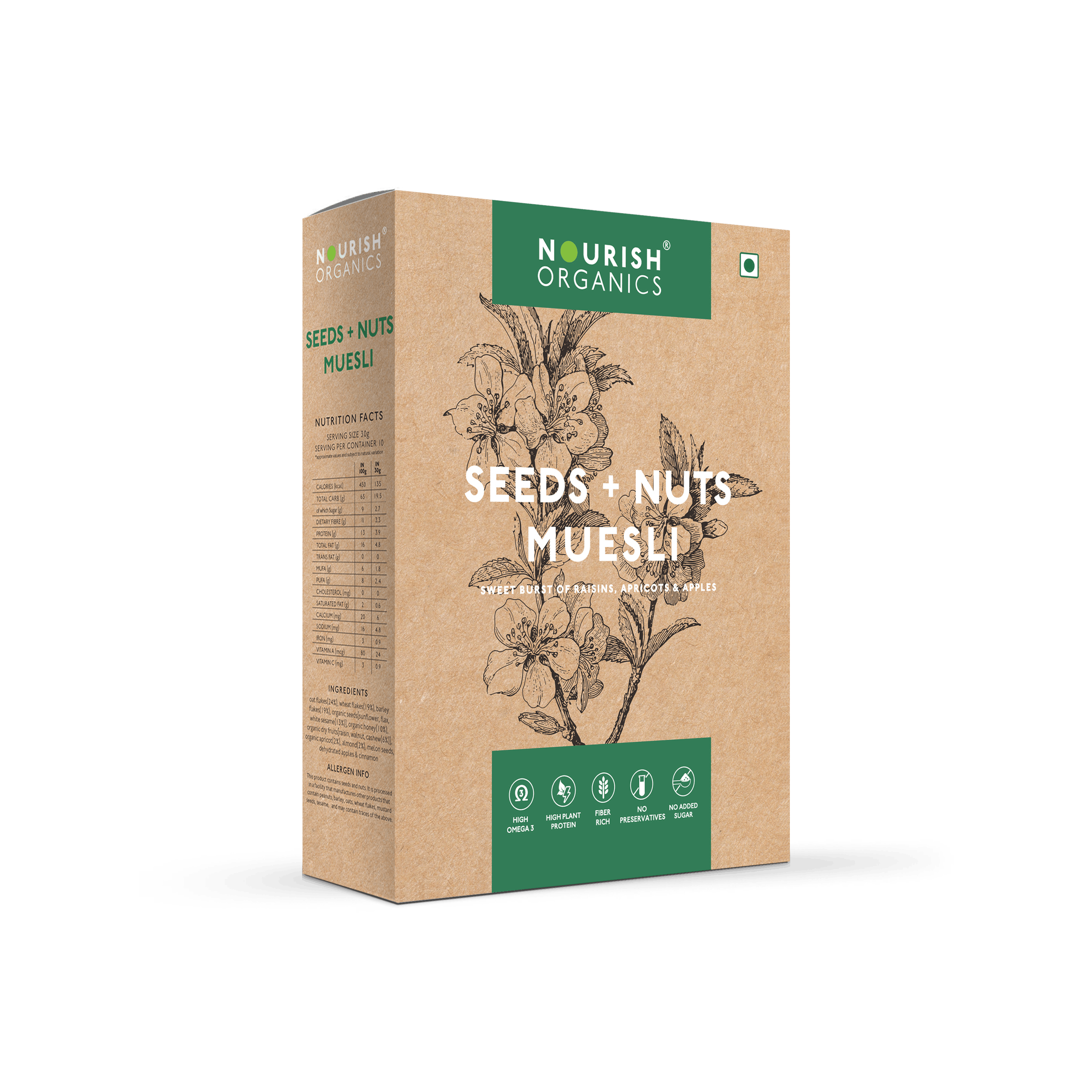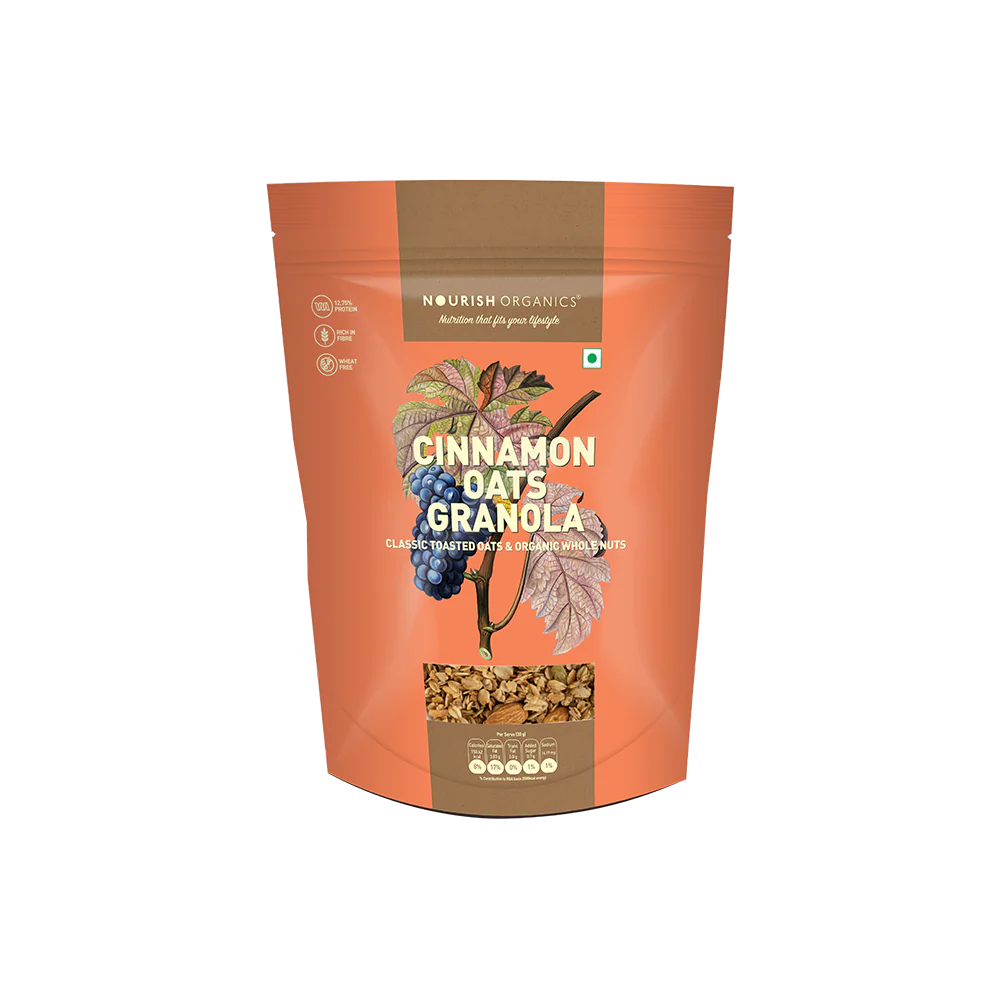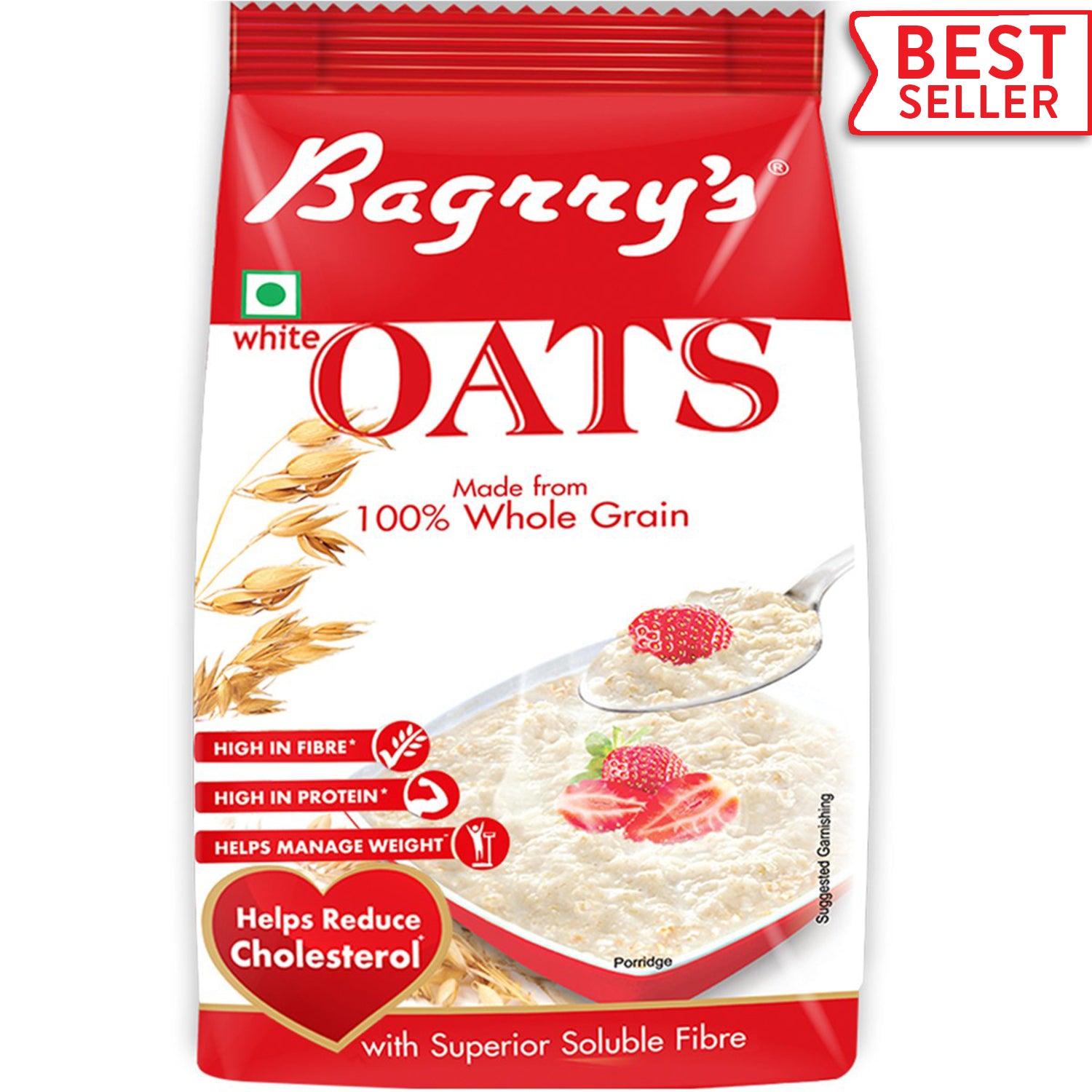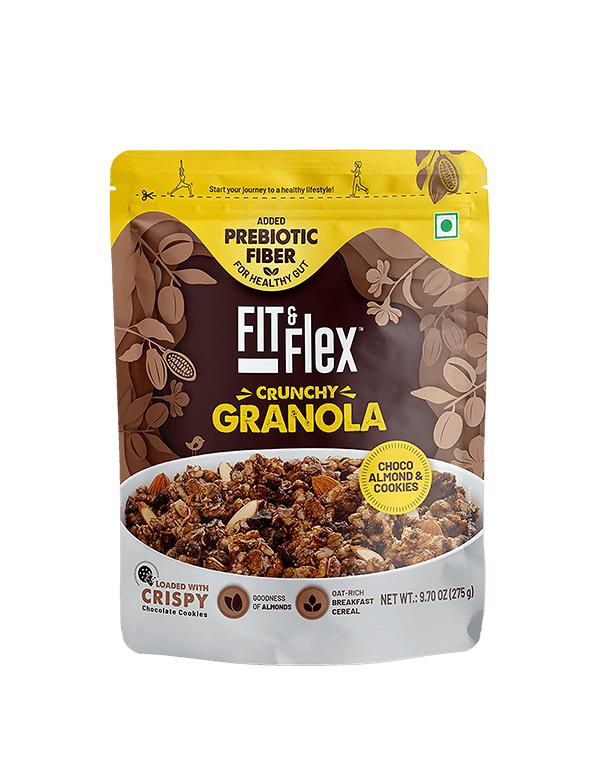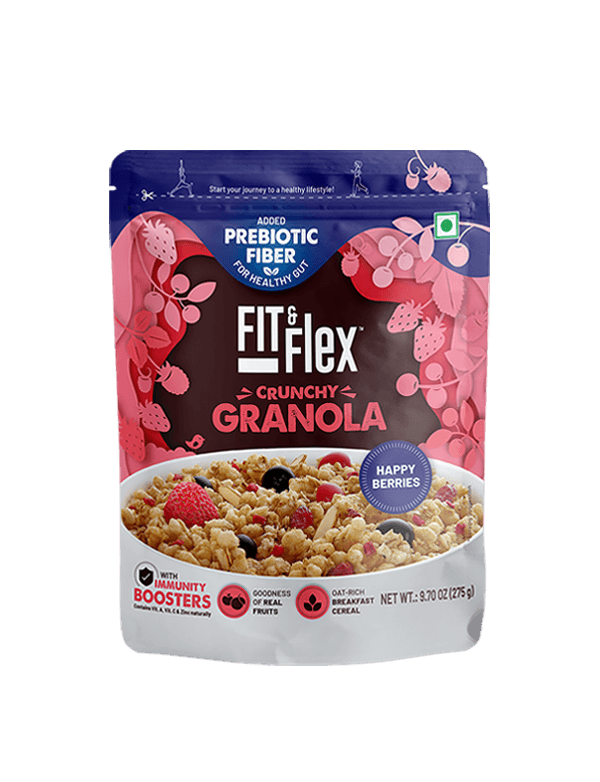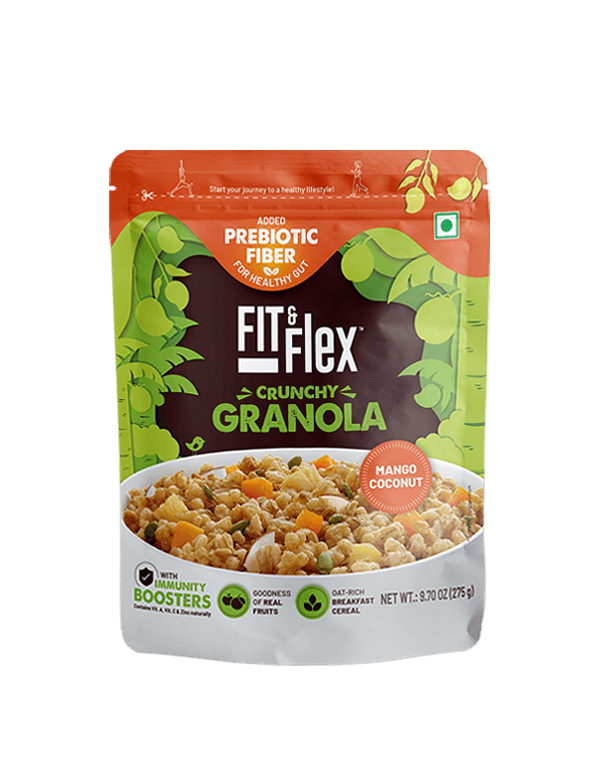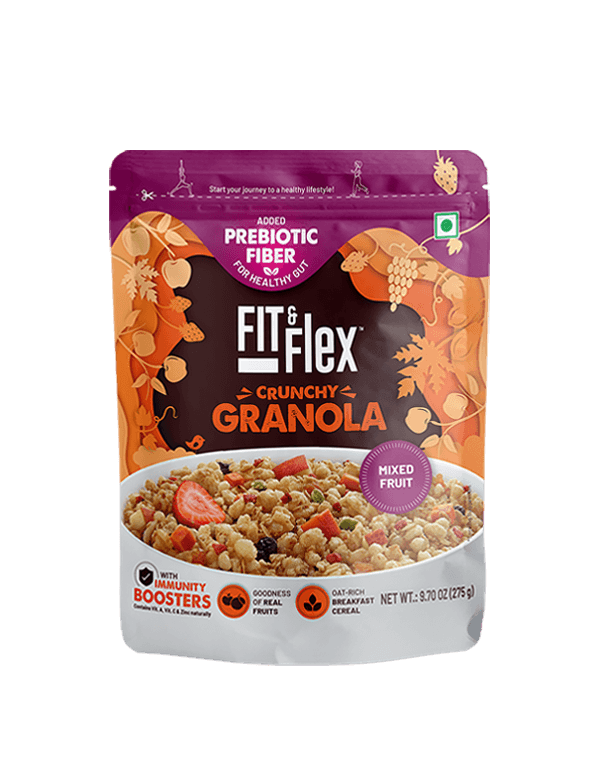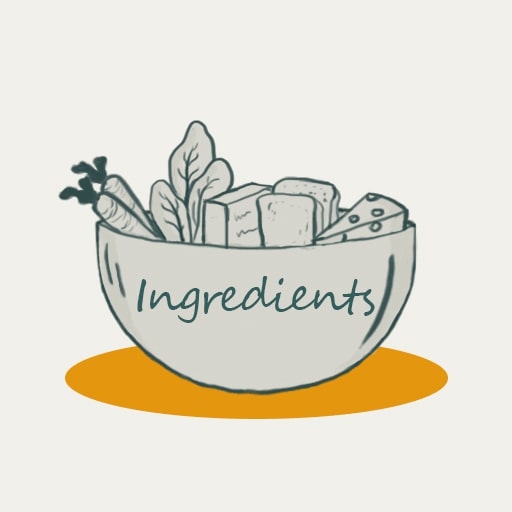Iron
Micronutrient
Last update date: November 07, 2023
Iron is an essential mineral for blood production. It also helps in oxygen transport and storage. Broccoli, Spinach, Kale, and Banana are good sources of Iron.
Frequently Asked Questions
1.
What is Iron?
Iron is a vital mineral that plays a crucial role in maintaining healthy blood. Iron deficiency, also known as iron-deficiency anemia, is a prevalent condition affecting millions of people worldwide. This condition can lead to extreme fatigue and lightheadedness. Iron deficiency can affect individuals of all ages, with higher vulnerability observed in children, pregnant women, menstruating women, and those undergoing kidney dialysis. It is essential to be aware of the signs and symptoms of iron deficiency and seek appropriate medical attention for diagnosis and treatment.
2.
What does the iron do for the body?
Iron has several positive impacts on the body: It helps produce healthy blood, preventing anemia and boosting energy levels. It supports brain function, improving concentration, memory, and learning. It strengthens the immune system, making you more resistant to infections. It contributes to optimal muscle function, endurance, and physical performance. During pregnancy, iron is crucial for the baby's development and preventing complications. To enjoy these benefits, include iron-rich foods in your diet or consult a healthcare professional for personalized advice on iron intake and supplements.
3.
What is negative impact of Iron?
Iron can have some negative impacts if not consumed in moderation or in certain medical conditions: Taking excessive iron supplements for a long time or in a single overdose can lead to iron poisoning. Some individuals have a genetic disorder called hereditary hemochromatosis, where the body absorbs too much iron, resulting in iron overload. This can cause health issues like cirrhosis of the liver and diabetes. Excess iron in the body may increase the risk of bacterial infections for some people. It's important to maintain a balanced iron intake and seek guidance from a healthcare professional, especially if you have specific medical conditions or concerns. 78% Humanize
4.
Who should avoid Iron?
There are no specific groups of people who need to completely avoid iron since it is an essential nutrient required by the body. However, individuals with iron-related disorders or specific medical conditions may need to monitor their iron intake and seek guidance from a healthcare professional. It is important to maintain a balanced diet and consult with a medical expert for personalized advice based on individual health needs.
5.
What food is highest in iron?
Iron can be obtained from two sources in food: haem iron and non-haem iron. Haem iron, found in meat, poultry, and seafood, is more easily absorbed by the body compared to non-haem iron, which is present in eggs and plant-based foods. Some animal-based sources rich in iron include: Red meats such as beef, lamb, veal, pork, and kangaroo. Remember, the redder the meat, the higher its iron content. Offal, including liver, kidney, and pate. Poultry, such as chicken and turkey. Fish or shellfish like salmon, sardines, and tuna. Eggs. Plant-based sources of iron include: Nuts, such as almonds, cashews, and peanuts. Dried fruits like raisins, apricots, and prunes. Wholemeal pasta and bread. Iron-fortified bread and breakfast cereals. Legumes, including mixed beans, baked beans, lentils, and chickpeas.
6.
What happens when your iron is low?
Iron deficiency, or low iron levels, occurs when the body lacks sufficient iron, resulting in a condition known as anaemia. Typical symptoms are triggered like fatigue, paleness, and shortness of breath.


